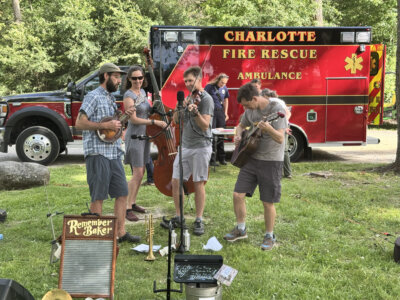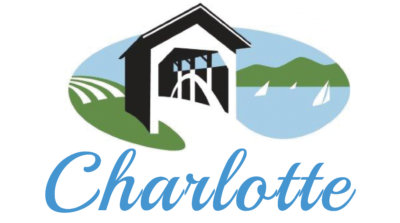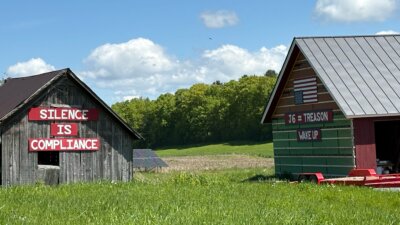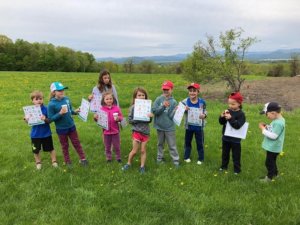Charlotte Community Partners shares results of town’s Resilience Assessment
Charlotte Community Partners (CCP), in consultation with Vermont-based Community Resilience Organizations, released the final report of its 2020-2021 Charlotte Resilience Assessment. The report, which compiles data collected during Oct. 2020 to June 2021, seeks to assess the town’s ability to “bounce back” from hardships such as the COVID-19 pandemic.
Last November, the CCP circulated a “resilience survey” asking Charlotte residents how resilient they believed the town to be in five key areas: Basic Needs and Services, Environmental and Natural Systems, Physical Infrastructure, Community Relations, and COVID-19.
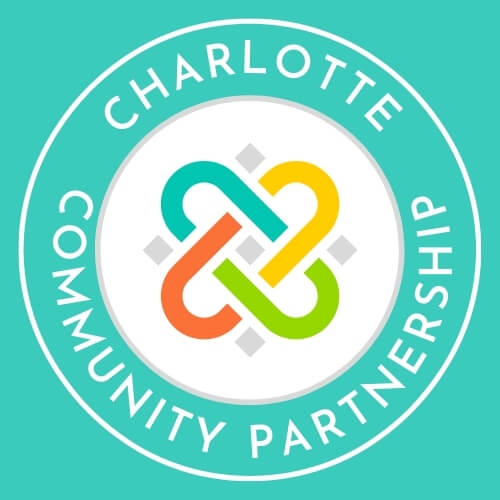 Respondents ranked each section on a scale from one to five (one/1 being not very resilient and five/5 being very resilient), or “Not Sure.”
Respondents ranked each section on a scale from one to five (one/1 being not very resilient and five/5 being very resilient), or “Not Sure.”
One hundred-eighty residents participated in the survey.
Insights obtained from the survey included:
- Basic Needs & Services: Between 30% and 45% of the respondents had concerns about resilience around food equity, energy, health services and housing. For personal health & well-being, 45% ranked Charlotte resiliency as a 4 or 5.
- Environment & Natural Systems: The town’s environmental stewardship and land use received high marks for resilience; invasive species management fared less well, with 29% marking it a 1 or 2.
- Physical Infrastructure: Emergency shelter access received a low grade with 46% of respondents ranking it as a 1 or 2, and 38% stating they were not sure. Respondents also gave low marks to cell service and broadband accessibility, with 39% ranking it as a 1 or 2. Public/private facilities were ranked as being a 4 or 5 in resiliency.
- Community Connections: Results indicated a fair amount of uncertainty (Not Sure) in the areas of Self Sufficiency and Awareness and Education. The results in Civic Engagement indicated most respondents do not believe the town is very resilient with 38% scoring it a 1 or 2.
- COVID-19: 73% of respondents indicated they were doing well during COVID-19; but many were unclear about community resilience in the areas of mutual aid or around schools and families.
“This is merely a glance at what the results show, and further discussion is needed amongst various groups, committees and organizations in town to discern what the results indicate and how they can be helpful,” the report stated. “The ongoing work of the CCP will be to try to engage various groups to stimulate discussion around the results with the hope of making our beautiful town, through collaborative community engagement, more resilient welcome to all.”
The CCP, led by Cindi Robinson of the Food Shelf, Margaret Woodruff of the Charlotte Library, and Rev. Kevin Goldenbogen of the Charlotte Congressional Church, was formed in 2020 in response to the COVID-19 pandemic. Along with creating and facilitating the Community Resilience Assessment, the organization seeks to address climate change, energy, food, environmental health, land and water, and living economies.
Last Fall, CCP partnered with Community Resilience Organizations “to guide us in the process of conducting a resilience assessment for Charlotte,” the report said.
“We hope to bring our town together in a common endeavor to work on the issues and concerns that face us now and those that will impact us in the future,” a statement on the CCP website reads.
Charlotte Community Partners has met twice a month since last April. It includes representatives from CCS, the Charlotte Senior Center, Transition Town Charlotte, Seed Library, CVFRS, the Grange and others.
To view the Charlotte Resilience Assessment report, click here.
For more information on the CCP, contact: Margaret Woodruff.
Related Stories
Popular Stories
If you enjoy The Charlotte News, please consider making a donation. Your gift will help us produce more stories like this. The majority of our budget comes from charitable contributions. Your gift helps sustain The Charlotte News, keeping it a free service for everyone in town. Thank you.
Andrew Zehner, Board Chair



